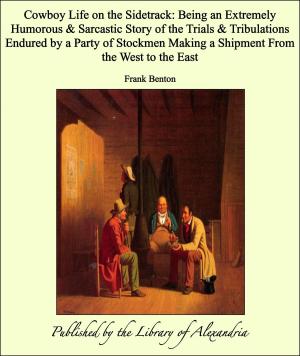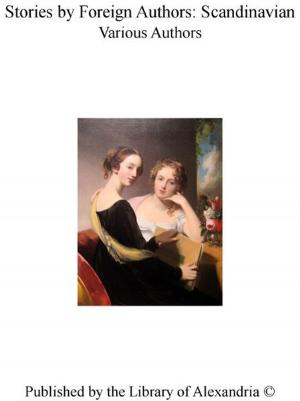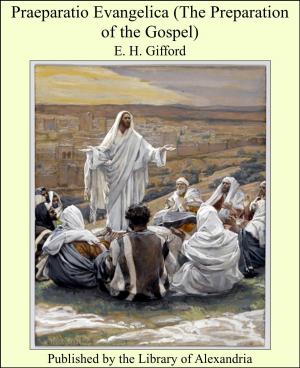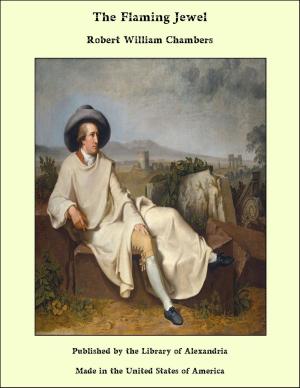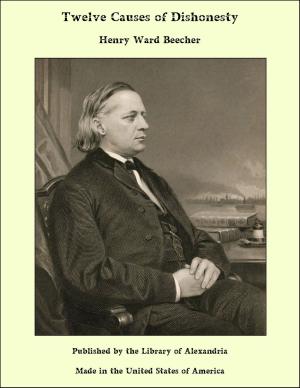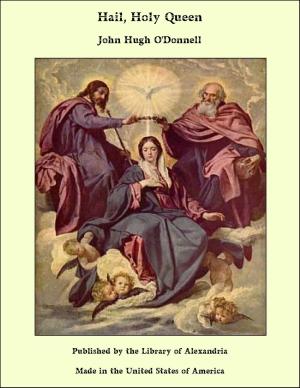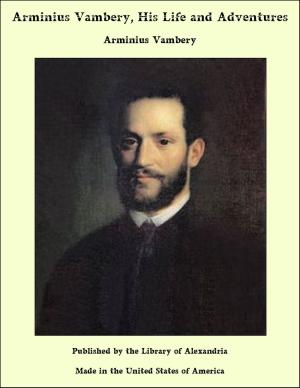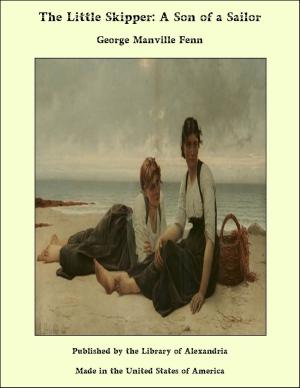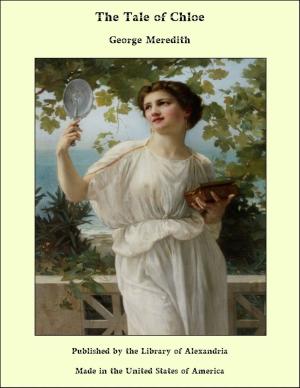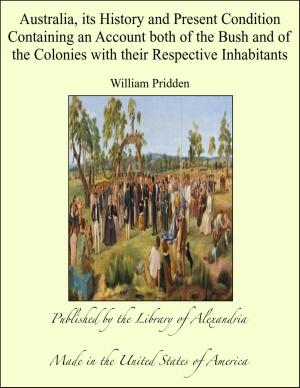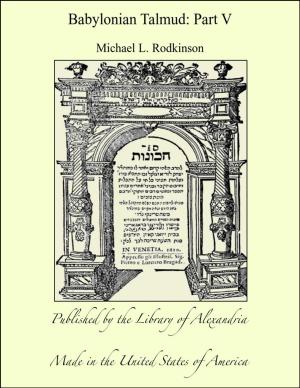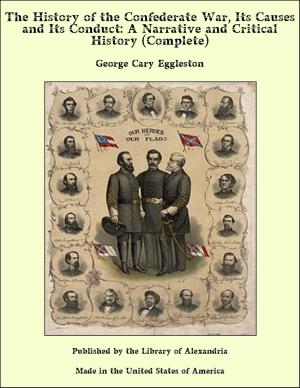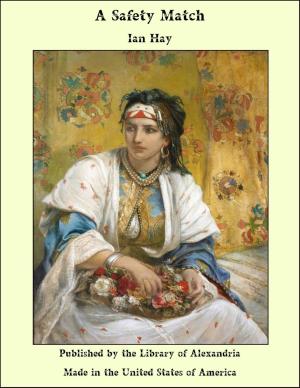The Family Among the Australian Aborigines: A Sociological Study
Nonfiction, Religion & Spirituality, New Age, History, Fiction & Literature| Author: | Bronislaw Malinowski | ISBN: | 9781465605979 |
| Publisher: | Library of Alexandria | Publication: | March 8, 2015 |
| Imprint: | Language: | English |
| Author: | Bronislaw Malinowski |
| ISBN: | 9781465605979 |
| Publisher: | Library of Alexandria |
| Publication: | March 8, 2015 |
| Imprint: | |
| Language: | English |
The problem of the social forms of family life still presents some obscurities. What appears to be most urgently needed is a careful investigation of facts in all the different ethnographical areas. I propose in this study to undertake this task for Australia. I shall avoid making any hypothetical assumptions, or discussing general problems which refer to the origin or evolution of the family. I wish only to describe in correct terms and as thoroughly as possible all that refers to actual family life in Australia. In other words I intend to give in outline the social morphology of the Australian family. It may be well to show briefly the necessity for this task, which to some may appear superfluous, and to indicate the lines on which it will be attempted. In the first place there are some contradictions with regard to the problem of relationship or kinship in Australia, which can be reduced to the question: Is kinship in Australia exclusively individual; or is it exclusively group kinship (or tribal kinship, as it often is called); and, further, do these two forms exclude each other or do they perhaps exist side by side? When Howitt says: "The social unit is not the individual, but the group; the former merely takes the relationships of his group, which are of group to group," this obviously means that there is no individual relationship, consequently no individual family in Australia. It is important to note that the passage just quoted is placed in the chapter on Relationship in Howitt's chief work on Australia, and that consequently it refers to all the tribes described by the author, i. e. to the majority of the known Australian tribes. The same opinion that there is only group relationship and no individual family is supported by another passage, no less important and general, for it is placed at the conclusion of Howitt's article on the organization of the Australian tribes in general: "It has been shown that the fundamental idea in the conception of an Australian community is its division into two groups. The relationships which obtain between the members of them are also those of group to group." And again: "The unit of aboriginal society is, therefore, not the individual, but the group. It is the group which marries the group and which begets the group." There are also a few passages in Spencer and Gillen which deny the existence of the individual family, at least in some tribes.
The problem of the social forms of family life still presents some obscurities. What appears to be most urgently needed is a careful investigation of facts in all the different ethnographical areas. I propose in this study to undertake this task for Australia. I shall avoid making any hypothetical assumptions, or discussing general problems which refer to the origin or evolution of the family. I wish only to describe in correct terms and as thoroughly as possible all that refers to actual family life in Australia. In other words I intend to give in outline the social morphology of the Australian family. It may be well to show briefly the necessity for this task, which to some may appear superfluous, and to indicate the lines on which it will be attempted. In the first place there are some contradictions with regard to the problem of relationship or kinship in Australia, which can be reduced to the question: Is kinship in Australia exclusively individual; or is it exclusively group kinship (or tribal kinship, as it often is called); and, further, do these two forms exclude each other or do they perhaps exist side by side? When Howitt says: "The social unit is not the individual, but the group; the former merely takes the relationships of his group, which are of group to group," this obviously means that there is no individual relationship, consequently no individual family in Australia. It is important to note that the passage just quoted is placed in the chapter on Relationship in Howitt's chief work on Australia, and that consequently it refers to all the tribes described by the author, i. e. to the majority of the known Australian tribes. The same opinion that there is only group relationship and no individual family is supported by another passage, no less important and general, for it is placed at the conclusion of Howitt's article on the organization of the Australian tribes in general: "It has been shown that the fundamental idea in the conception of an Australian community is its division into two groups. The relationships which obtain between the members of them are also those of group to group." And again: "The unit of aboriginal society is, therefore, not the individual, but the group. It is the group which marries the group and which begets the group." There are also a few passages in Spencer and Gillen which deny the existence of the individual family, at least in some tribes.

